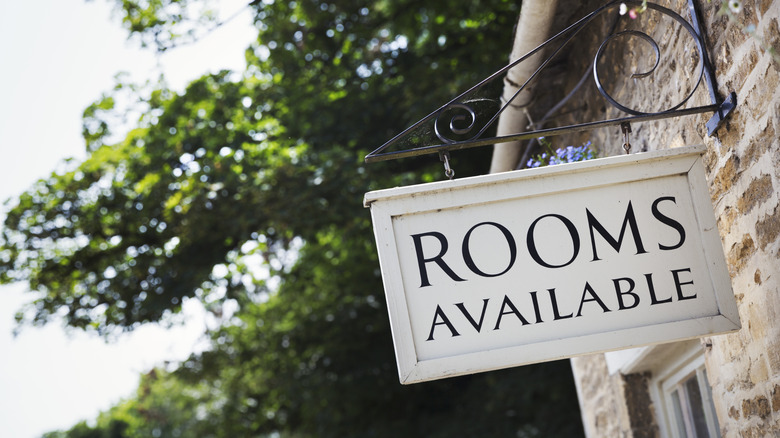
European travel is all about embracing new experiences and savoring the charm of the old world. The continent, along with its array of islands, is teeming with unique cultural experiences. Each place offers something distinct, and even moving from one region to another within the same country can bring a fresh array of things to explore. Whether you’re venturing across the Atlantic for a brief visit to urban hotspots like London, Prague, or Venice, or embarking on an extended journey from one destination to another, there are some universal truths to keep in mind.
For instance, tipping is not a common practice in Europe. It’s not ingrained in the lifestyle, and when tips are given, they usually involve rounding up the bill or leaving a small note to show appreciation for exceptional service. This means you won’t typically need to factor tipping into your budget (this is also true in some parts of Asia). Similarly, negotiating prices for souvenirs, taxi rides, and many other purchases can be a valuable and refreshing change of pace. Another mindset shift that can lead to savings when traveling around Europe is related to accommodation choices, a topic frequently discussed by travel experts. Rick Steves, in particular, strongly recommends a change in your room booking strategy — choosing Bed and Breakfasts over traditional hotels.
A B&B can often deliver sleeping accommodation for a cut rate price

Bed and Breakfasts are a cornerstone of European exploration. They are abundantly available in nearly every tourist destination. B&Bs are small, locally-owned establishments that offer a distinct contrast to the corporate atmosphere that some hotels exude. Staying in a B&B isn’t just about changing expectations and experiences. In fact, one of the most significant advantages of choosing a B&B in any European destination is the potential cost savings compared to hotel rooms.
Travelers who search for a cozy, welcoming B&B can often find prices that are significantly lower — sometimes up to 50% less. Considering that hotel rooms can easily cost hundreds per night (one reason to consider traveling during a shoulder season), a steep discount is likely to be appreciated by most travelers. Despite this noticeable price difference, many travelers overlook this budget-friendly option. Some may assume a B&B experience isn’t for them or worry about a lack of service, while others might be unaware of their existence. However, once you’re informed, discovering fantastic deals can transform your vacation budget. To secure the best deals, it’s wise to research the local terminology for “B&B” or “guest house” in the language of the country you’re visiting, as this can reveal a broader range of available options.
A more authentic cultural experience awaits B&B users

Beyond the financial benefits a B&B can offer, these accommodations often enhance the travel experience in other ways. Not only will you have more money left over for activities during your trip (or to save for routine expenses when you return home), but your time on your European adventure will be enriched. The B&B landscape is characterized by intimate sharing. In some places, hosts may actively interact with their guests, creating a sense of being welcomed into a host’s home, rather than staying in a sterile hotel room. Other options may offer a more relaxed experience, with B&B hosts providing suggestions when asked but largely staying unobtrusive.
No matter which type of B&B you choose, the experience of staying in one generally surpasses that of a hotel room. Hotels often feel impersonal, even when they aren’t part of a large chain. The B&B experience, however, is personal. It’s a cultural phenomenon that allows you to immerse yourself in a more local experience of the place you’re visiting. Instead of resting in a room that looks identical to all the others, consider a B&B to both save money and enjoy a more authentic getaway.






